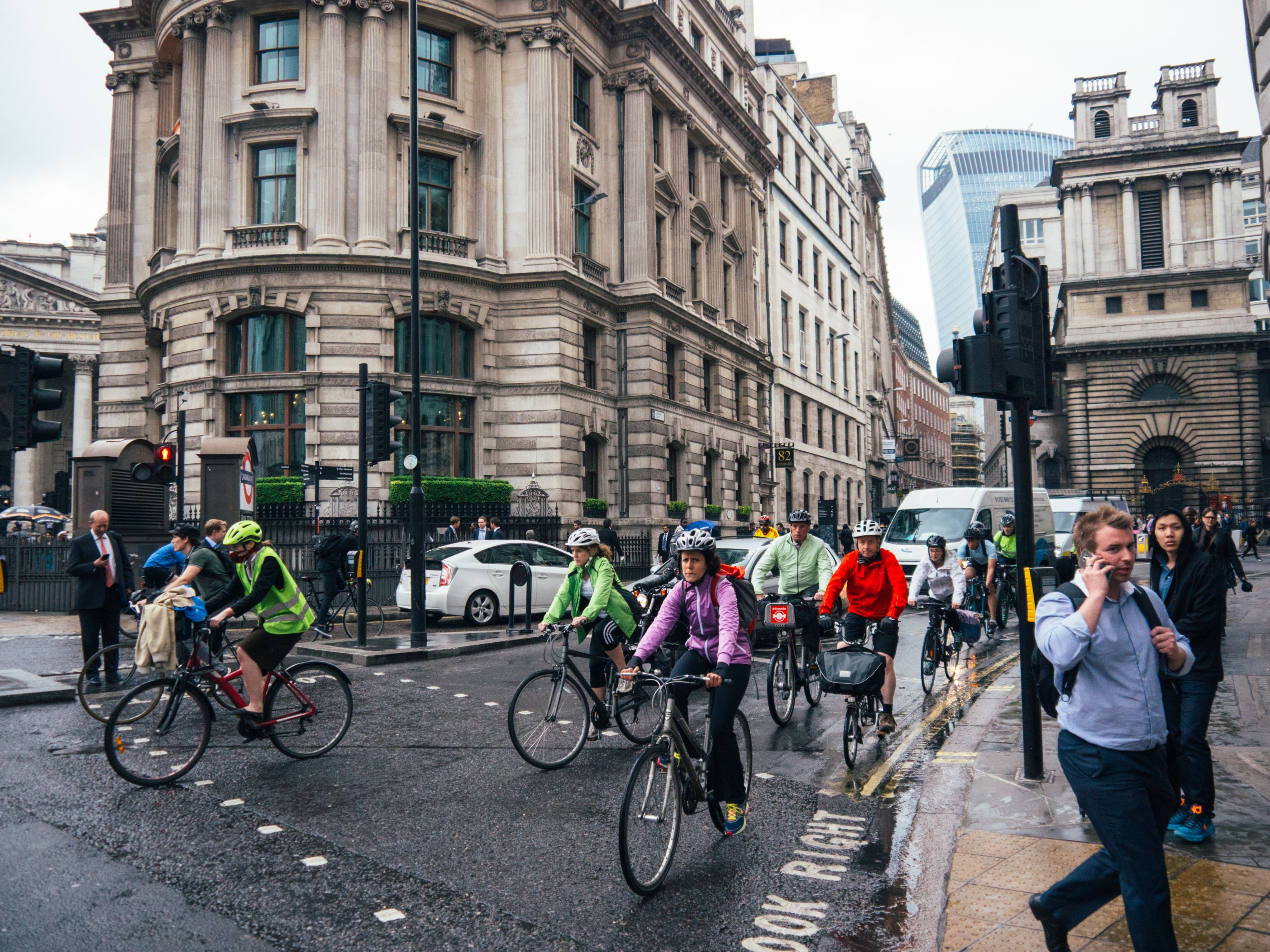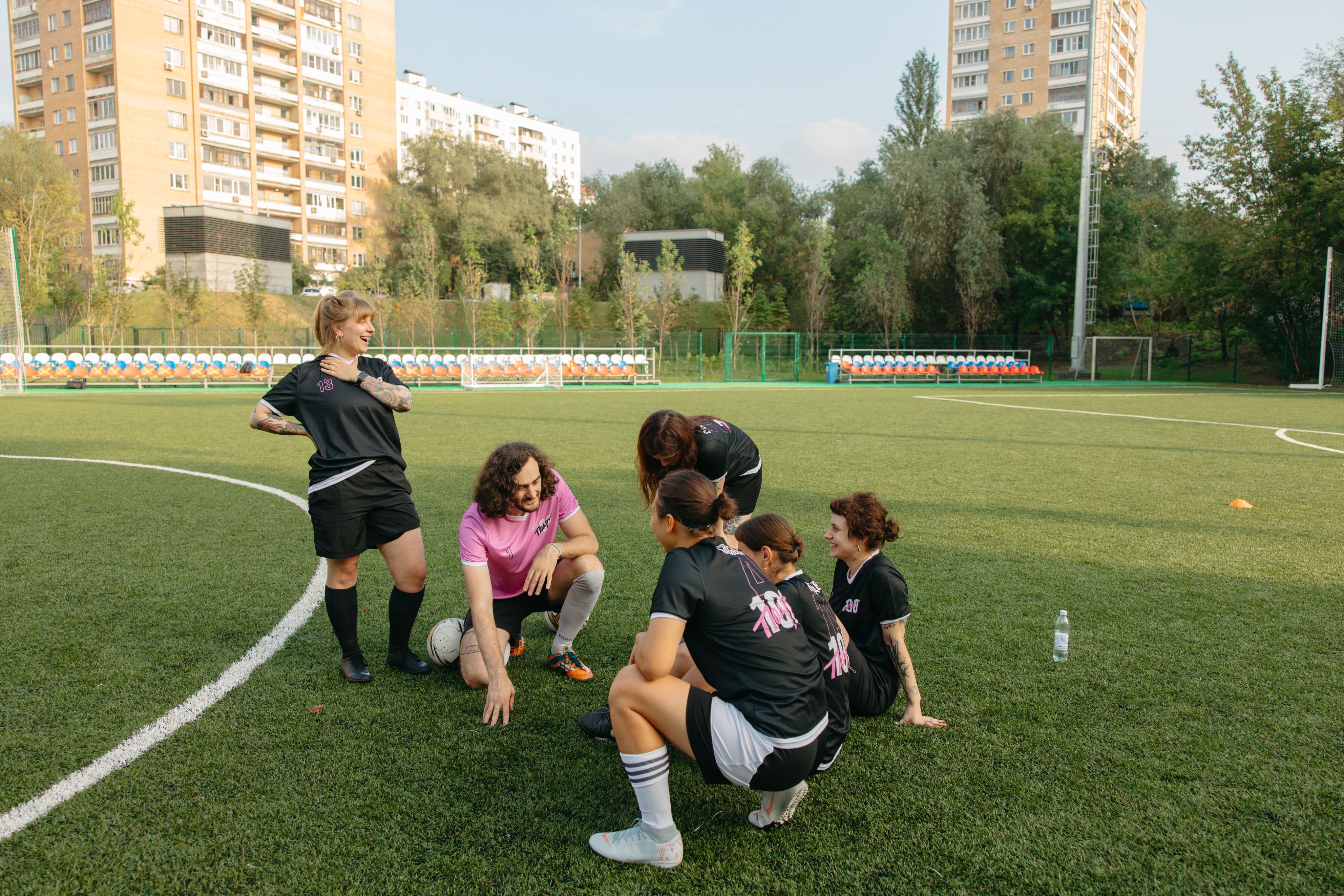A national plan for sport, health and wellbeing
Select Committee on a National Plan for Sport and Recreation
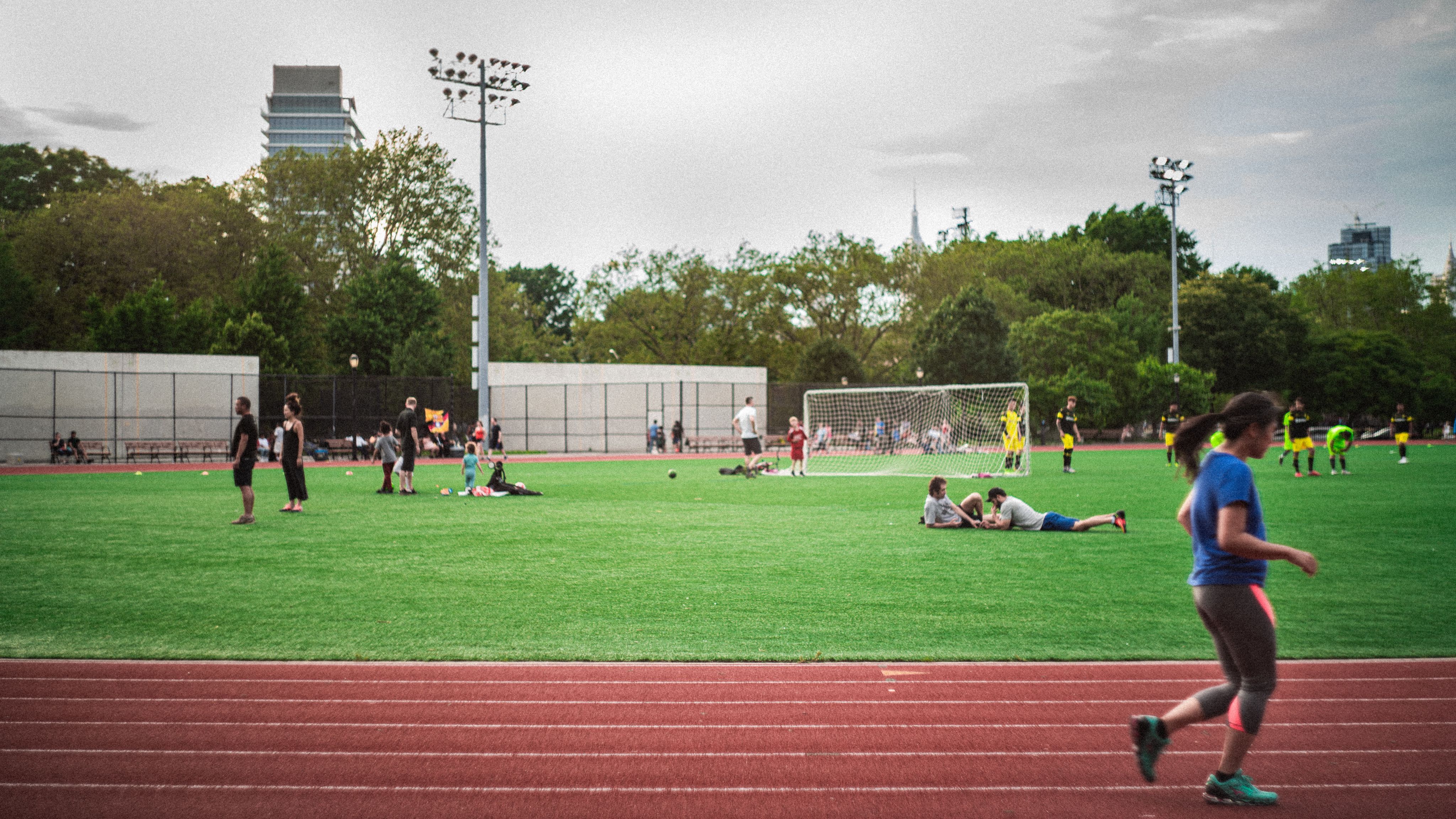
Sport and physical activity can change lives. Participating in sport and being physically active can improve health and wellbeing, lead to a better quality of life and foster community cohesion. For many, the challenge, social interaction and enjoyment of sport and physical activity brings significant personal reward.
The UK is world-leading in elite and professional sport but successive governments over decades have struggled at grassroots level to lower stagnating levels of inactivity. We are particularly concerned about high levels of inactivity among certain groups, including women and girls, ethnic minorities, disabled people, older people and people from less affluent backgrounds.
The scale and immediacy of the challenge to turn the tide on high rates of inactivity could not have been more clearly demonstrated by the COVID-19 pandemic.

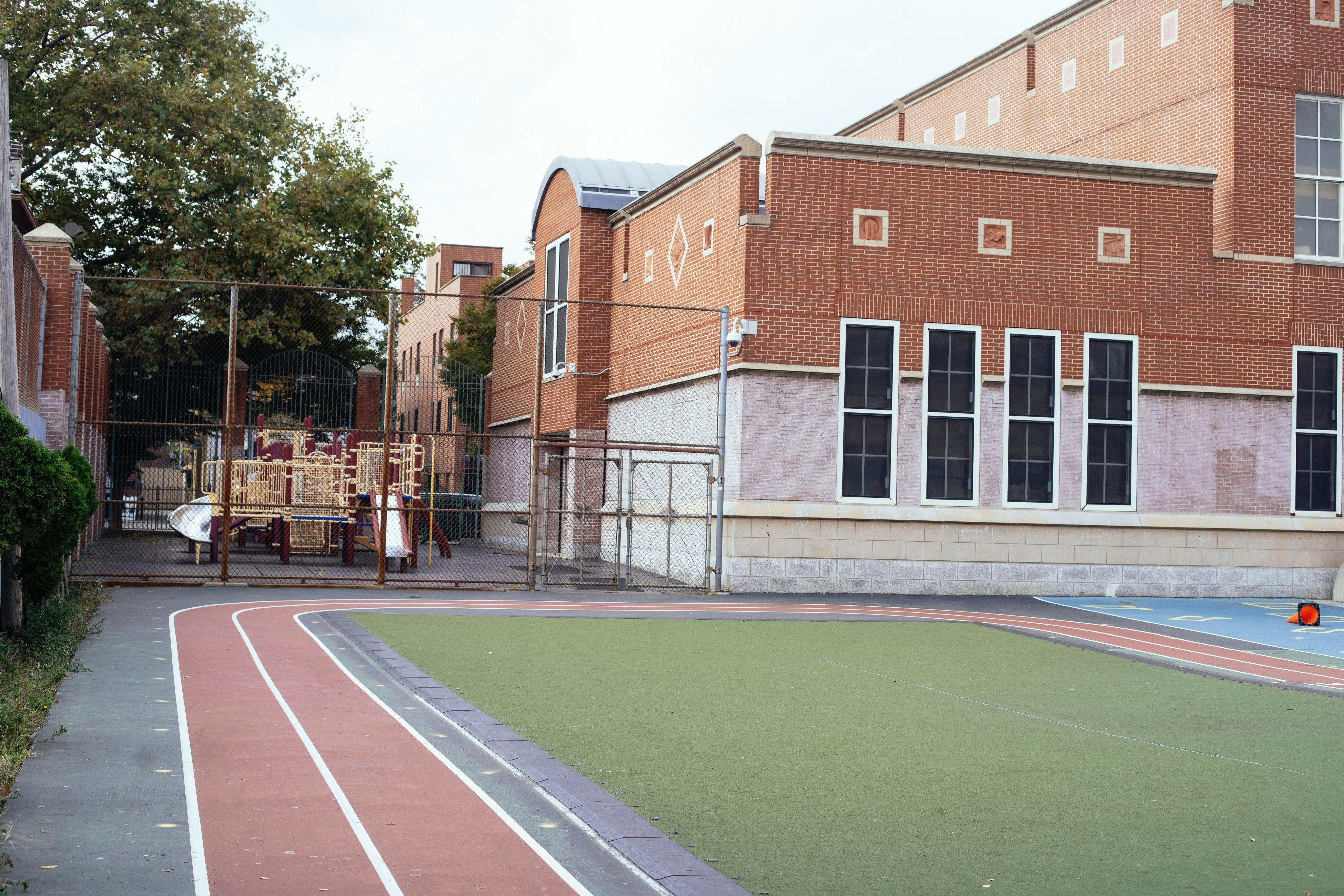


Our overarching recommendation is the need for a new ambitious national plan for sport, health and wellbeing and a new approach within Government to deliver it.
The national plan should cover a wide cross-section of policy areas including, but not limited to, health, planning, transport, environment and education. We are also calling for a new ministerial role responsible for sport, health and wellbeing to sit in the Department for Health and Social Care and for sport policy to move from the Department for Digital, Culture, Media and Sport to the Department of Health and Social Care. We believe that this new home for sport will better reflect the vital role that sport and physical activity should play in delivering a healthier nation.
We are also recommending that the Government introduce a statutory requirement on local authorities to provide and maintain adequate facilities for sport and physical activity, backed up with adequate financial support from the Treasury.
We envisage that the new Minister for Sport, Health and Wellbeing will work alongside the Office for Health Improvement and Disparities (which should be renamed the Office for Health Promotion and which also sits within the DHSC) in developing, overseeing and delivering the national plan.
A regular Strategic Forum comprising of key national and local stakeholders and delivery bodies, including local government, should be established and chaired by the new Minister. The Strategic Forum will help design the national plan and will establish a strong sense of buy-in on the part of those who will go on to deliver it.
The national plan should have key principles underpinning it. These are physical literacy, providing a welcoming and inclusive environment, application of the science of behaviour change and motivation, a proactive approach to tackling health inequalities, and supporting ‘sport for development’ projects which contribute to individual development and community cohesion.
These principles lead to a range of recommendations including the need for the Government to develop, alongside local authorities and in close consultation with local stakeholders, a fully costed national facilities plan. We are also calling on the Government to tackle discrimination in sport including by taking steps, together with Sport England and UK Sport funded bodies and other key stakeholders, to ensure there is a safe environment for participants and by doing more to hold social media companies to account for harmful content posted on their platforms.
Attitudes towards sport are often formed during childhood and can stay with us for life. In education settings we want to see PE made a core subject with much more emphasis on teacher training, physical literacy and making sport a fun, enjoyable and inclusive experience.
We are also recommending better accountability and oversight of the PE and Sport Premium which is used by schools to enhance the provision of PE and school sport, including improved vetting of external providers and a greater emphasis on providing Continuing Professional Development opportunities for teachers.
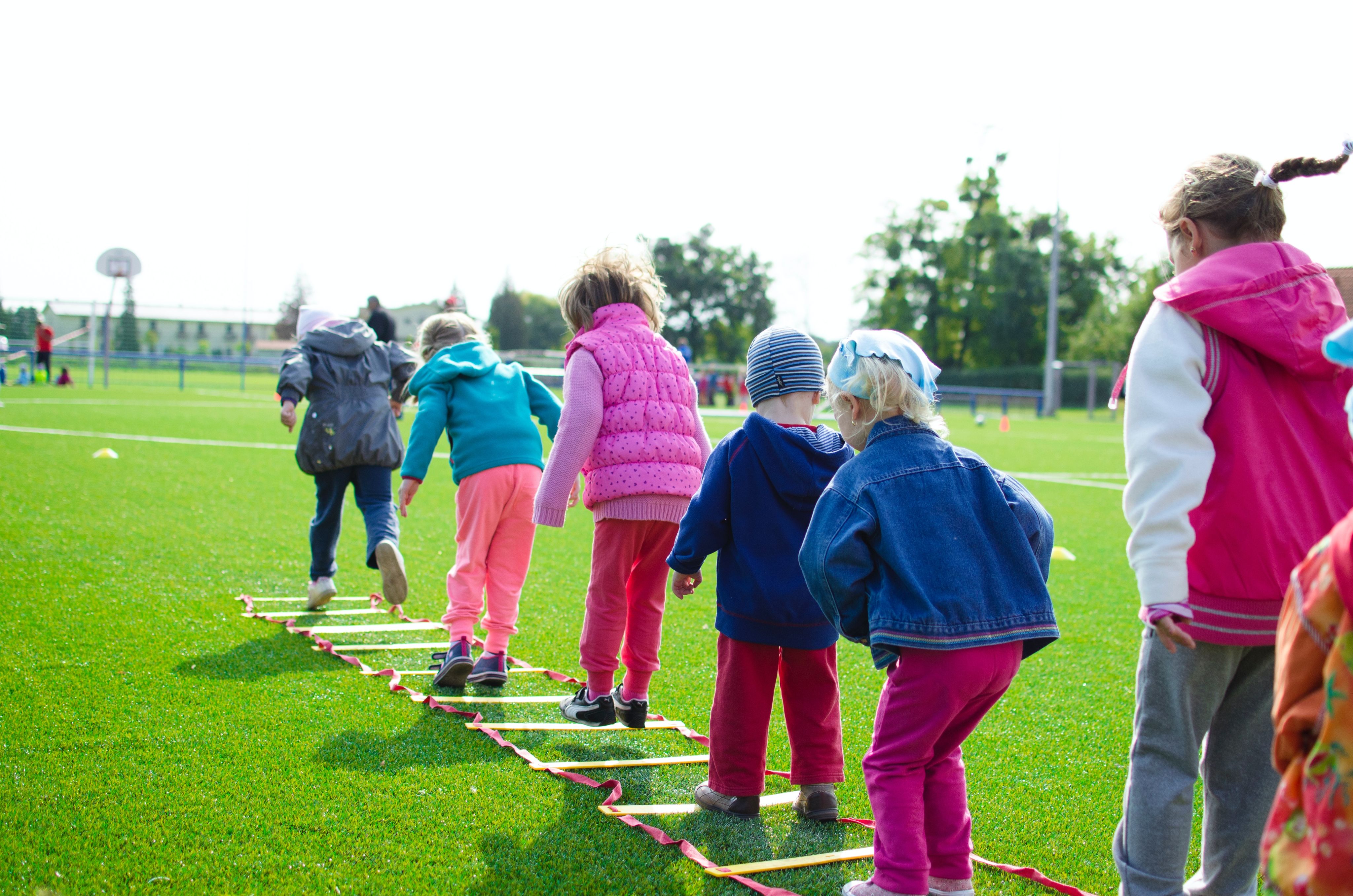
Many young people ‘drop out’ of sport when they leave formal education settings. Whether they return can depend on attitudes developed and habits formed when they were young. We believe that developing closer links between schools, local sports clubs and community groups can make it easier for people to remain or get back into sport and stay active into adulthood by creating an awareness of what opportunities exist in their local community. Opening school facilities for use by local sports clubs and groups is an obvious way to help create and strengthen these links.
There must be a serious approach to duty of care and safeguarding – both at grassroots and elite levels of sport. We are calling on the Government to implement the outstanding recommendations made in the Independent Review on Duty of Care in Sport, prioritising the establishment of an independent sports ombudsman. We also recommend the introduction of mandatory reporting in sport and recreation settings and for greater enforcement of duty of care and safeguarding standards, including the application of financial sanctions against publicly funded bodies who fail to demonstrate that their safeguarding and duty of care policies are being effectively implemented.
